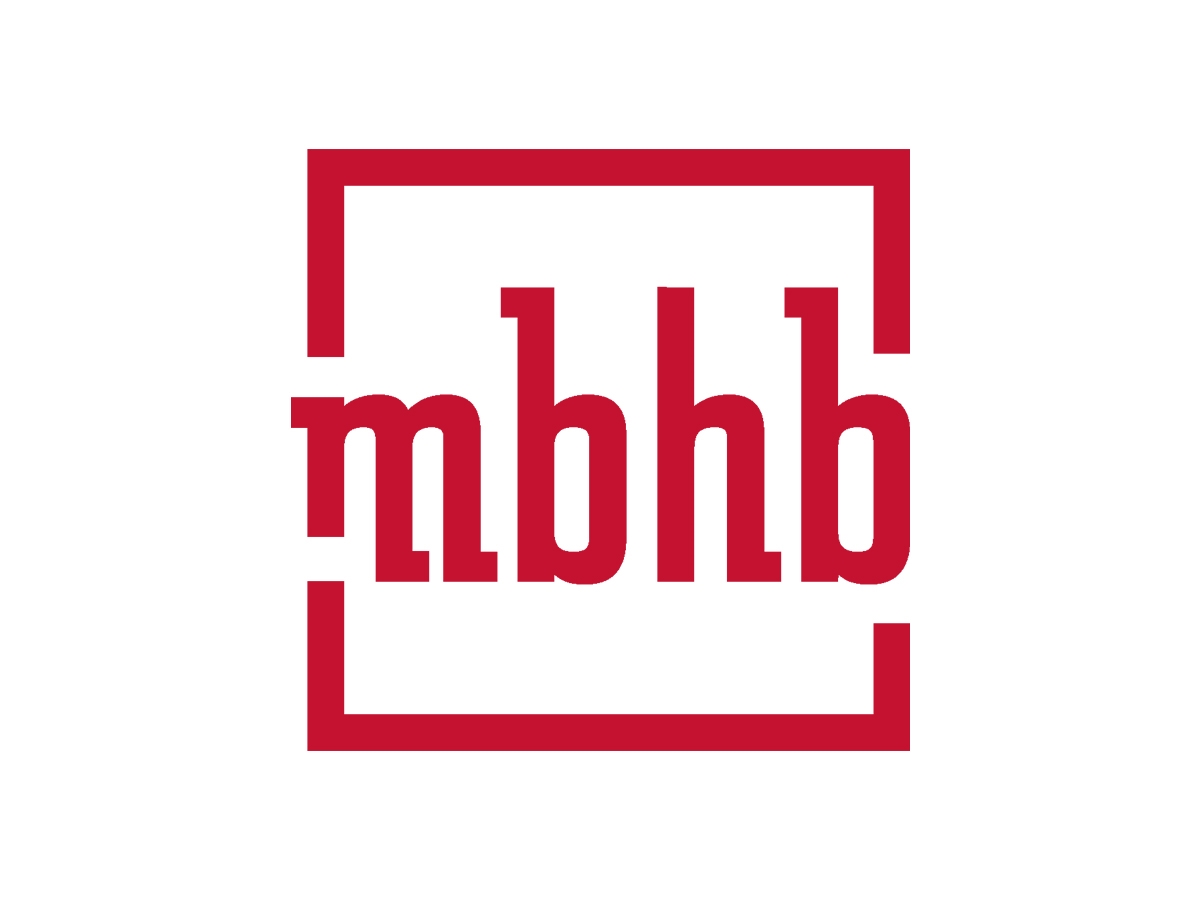
Our experts answer readers’ investing questions and write unbiased product reviews (here’s how we assess investing products). Paid non-client promotion: In some cases, we receive a commission from our partners. Our opinions are always our own.
My husband has a 401(k), but I’m not prepared for retirement, so I asked ChatGPT and a CFP what to do.
They both offered many of the same types of accounts and each offered advice on managing a portfolio.
Asking ChatGPT was a good starting point, but its most important advice was to talk to a human.
When ChatGPT launched in November 2022, our collective cultural response was somewhere between fear and fascination. It was coming for our jobs, but also, maybe we could use it to … do our jobs for us?
As time has passed, we have learned how to use AI to make all our jobs easier — from our day jobs to the rest of our adult responsibilities. I’ve used ChatGPT for everything from writing my meal plans to finding obscure trivia questions for my Scholar Bowl-obsessed 7th grader.
I wondered if ChatGPT would give me good retirement advice
Speaking of tiresome work, I’ve spent many years putting off my retirement plan beyond my husband’s 401(k). But his 401(k) is built for one person, and as a freelance writer, I don’t have access to an employer-sponsored retirement account.
While Google is full of helpful, free information, I wondered how effective ChatGPT would be in guiding me through retirement planning as a freelance writer. But I also didn’t want to wait 30-plus years to find out if ChatGPT was a good source of information or not.
So, I decided to reach out to Justin Rush, a certified financial planner specializing in tailoring his clients’ financial planning to their unique needs. Then, I compared ChatGPT’s advice to an actual CFP. Here’s how it went.
First, I asked Rush and ChatGPT the same question: What are the best retirement strategies for self-employed people?
They recommended similar types of accounts
Rush and ChatGPT had similar suggestions regarding which kinds of retirement savings accounts freelancers should consider. They both mentioned a SEP IRA. Rush told me, “This type of IRA allows a business owner to contribute 25% of their net business income up to the 2024 limit of $69,000.”
He went on to say that a benefit of the SEP IRA is that they are tax-deferred and easy to use and administer. ChatGPT also suggested a SEP IRA for its flexibility and high contribution limits.
Rush and ChatGPT also mentioned solo 401(k) plans. Rush told me that solo 401(k)s are more expensive and complicated to set up, but since it allows you to contribute both as an employee and an employer, it can be an excellent option. ChatGPT also said this and pointed out that this is great for people whose only employee is their spouse.
One retirement savings account option ChatGPT failed to mention that Rush suggested for those with a stomach for complex financial strategies is the cash balance pension plan. While these can be tough to navigate, they allow for contributions as high as $341,000 — a great solution for people who need to catch up on their retirement savings quickly.
ChatGPT brought up topics like tax deductions
Beyond retirement savings account options, however, there are other factors to consider when preparing for a future outside the workforce. ChatGPT suggested several things to consider in this regard, such as finding as many tax deductions and credits to decrease your taxable income as possible.
ChatGPT also mentioned determining your risk tolerance and diversifying your investment portfolio accordingly, as well as including healthcare expenses in your retirement plans by contributing to an HSA, and reassessing and adjusting your retirement plans regularly. Those were all sentiments Rush confirms as good and essential.
I’m happy getting retirement advice from a human
But Rush had a few other suggestions that ChatGPT didn’t list in its response to my question. Rush talked about the importance of decreasing risk as one approaches retirement by getting away from stocks and going for more secure investments like treasuries and bonds.
Rush also said one thing he advises his clients against is making rash decisions. Set yourself up for a cooling period before you move to another state. If you decide to relocate, rent for six to 12 months before you buy. Rather than rushing to pay off debts as soon you access your retirement savings, review your interest rates and monthly payments to assess the smartest course of action rather than assuming it’s simply paying off all debt as quickly as possible.
This is the kind of advice you’re only likely to get from a human who understands that sometimes exciting opportunities turn out to be nightmares, and our best-laid plans go sideways on us. Humans can give us this advice because they’ve experienced the same things. And that’s probably why ChatGPT’s final piece of advice was to get guidance from a professional.
In this way, ChatGPT’s advice dovetails nicely with my own conclusion after trying out AI for retirement planning. ChatGPT is a great resource for anyone looking for somewhere to begin. It offers a simple list of good savings account options and other financial factors worth considering. However, there is only so much room for nuance and personalized consideration. Anyone needing a real conversation and hands-on support will be better served taking ChatGPT’s advice and booking an appointment with a certified financial planner.
Finding a qualified financial advisor doesn’t have to be hard. SmartAdvisor’s free tool matches you with up to three fiduciary financial advisors in your area in minutes. Each advisor has been vetted by SmartAsset and is held to a fiduciary standard to act in your best interests. Start your search now.
Source: www.businessinsider.com



